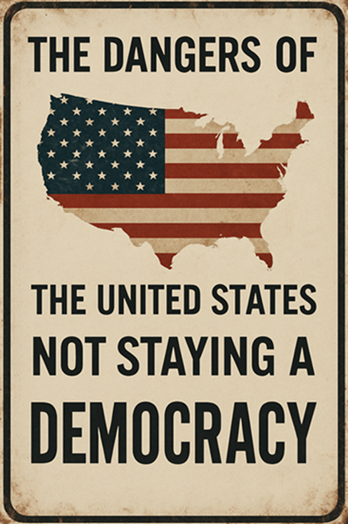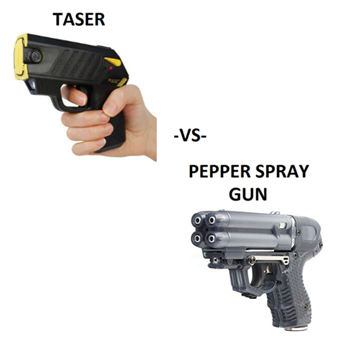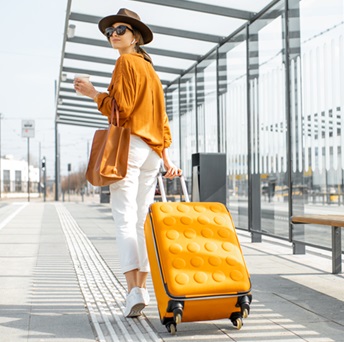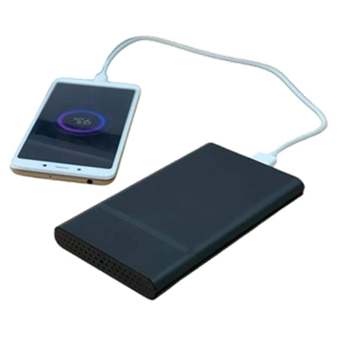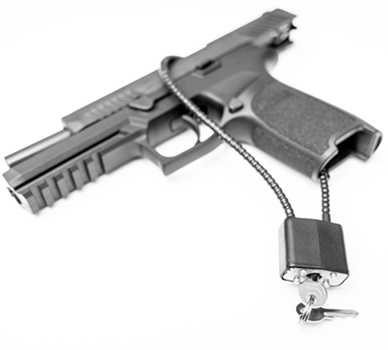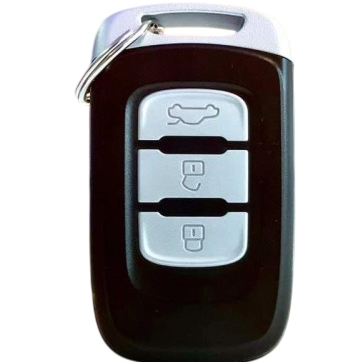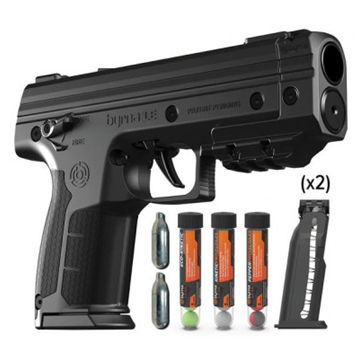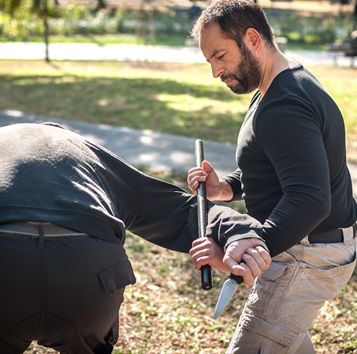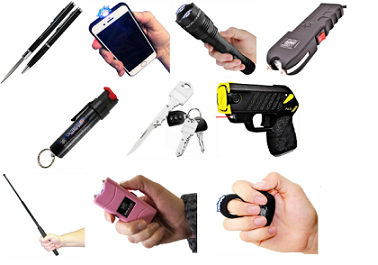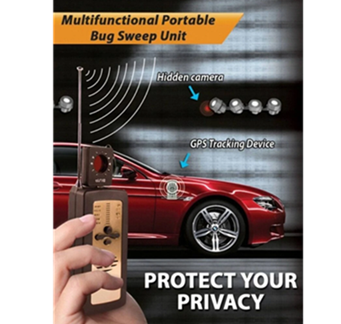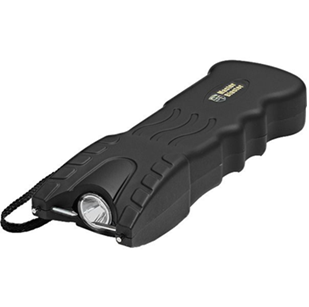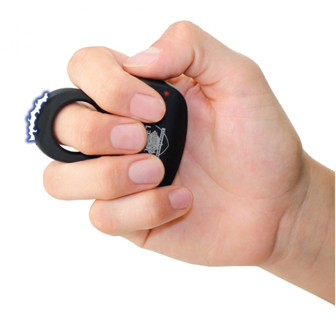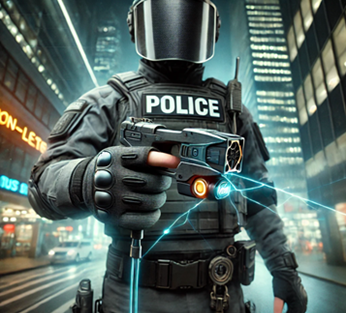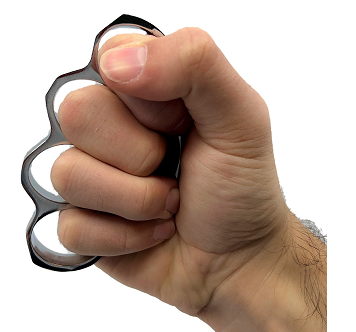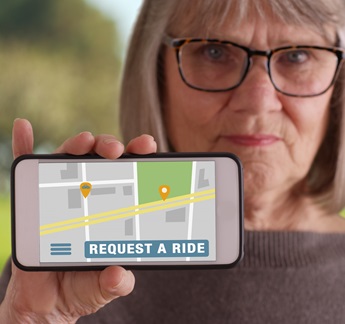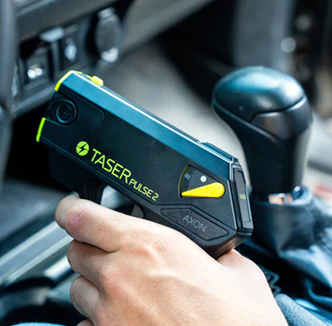When and Where to Carry a Stun Gun: Situational Awareness for Self-Defense
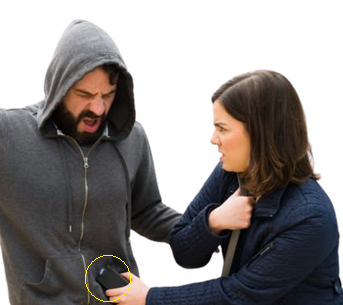 When it comes to personal safety, being prepared is crucial. Self-defense tools like stun guns are becoming increasingly popular due to their non-lethal nature, ease of use, and effectiveness in deterring threats. However, carrying a stun gun isn’t just about having the device with you—it’s about knowing when and where to carry it to maximize your safety without compromising legal or personal risks. In this guide, we’ll explore how situational awareness plays a key role in self-defense and provide insights on where and when it’s appropriate to carry a stun gun.
When it comes to personal safety, being prepared is crucial. Self-defense tools like stun guns are becoming increasingly popular due to their non-lethal nature, ease of use, and effectiveness in deterring threats. However, carrying a stun gun isn’t just about having the device with you—it’s about knowing when and where to carry it to maximize your safety without compromising legal or personal risks. In this guide, we’ll explore how situational awareness plays a key role in self-defense and provide insights on where and when it’s appropriate to carry a stun gun.
The Importance of Situational Awareness
Situational awareness is the foundation of personal safety. It involves being aware of your surroundings, understanding potential threats, and recognizing opportunities to avoid danger. When carrying a stun gun, situational awareness helps you decide if and when to deploy it and ensures that you're prepared to use it if needed.
The key components of situational awareness include:
- Understanding your environment: Be aware of the general safety of your location. Are you in a well-lit, open area or a secluded, dark alley?
- Identifying potential threats: Pay attention to people around you. Does anyone seem to be acting suspiciously or behaving aggressively?
- Recognizing escape routes and options: Look for exits, safe spaces, or areas where you can get help if needed.
With these elements in mind, you can make informed decisions about when to have your stun gun at the ready and when it may not be necessary to draw attention to it.
Legal Considerations: Where Can You Carry a Stun Gun?
Before we dive into specific scenarios, it’s important to understand the legal aspects of carrying a stun gun. Laws surrounding stun guns vary by state and country, so it’s crucial to research and ensure you're in compliance with local regulations. In some areas, stun guns are restricted or prohibited, while in others, you may need a permit to carry one. Always check the legal status of stun guns in your jurisdiction before carrying one.
Ideal Situations for Carrying a Stun Gun
Now that you have an understanding of situational awareness and the legal considerations, let’s look at when it makes sense to carry a stun gun. The following scenarios are examples of situations where having a stun gun on hand can enhance your personal safety.
1. Walking Alone at Night
One of the most common scenarios where a stun gun can provide peace of mind is when walking alone at night. Dimly lit streets, parking lots, and alleys can be prime locations for criminal activity. In these situations, carrying a stun gun not only offers a deterrent to potential attackers but also gives you a means of defense if an encounter occurs. Be sure to keep the device easily accessible, such as in your hand or clipped to your bag, so that you can react quickly if needed.
2. Using Public Transportation
Whether you're riding a bus, train, or subway, public transportation can sometimes put you in close proximity to strangers, some of whom may not have the best intentions. Carrying a stun gun while commuting can provide an extra layer of protection, especially during off-peak hours or in less crowded areas. If you're seated near a door or exit, you can also increase your situational awareness by monitoring who enters and exits the vehicle.
3. Jogging or Exercising Outdoors
Many people enjoy jogging or exercising in parks or along trails, but these activities can sometimes place you in isolated areas. Carrying a stun gun while exercising outdoors can protect you from both human and animal threats. Consider wearing a small, easily accessible stun gun on a wrist strap or in a belt pouch, so you don’t have to fumble for it if a situation arises.
4. Traveling to New or Unfamiliar Places
When traveling to a new city or country, it’s easy to find yourself in unfamiliar neighborhoods where you may feel unsafe. Carrying a stun gun while exploring new areas can be a smart precaution, especially if you're traveling alone. However, always make sure stun guns are legal in your destination. International laws regarding stun guns can be particularly strict, so it’s crucial to check ahead of time.
5. Parking Garages and Lots
Parking garages and lots, especially those that are poorly lit or sparsely populated, are common places for thefts and assaults. Carrying a stun gun when entering or exiting these areas can be highly beneficial. If possible, have your stun gun in hand and ready to use as you walk to your car. Pair this with other safety practices, such as walking confidently, keeping your head up, and scanning the area for any unusual behavior.
6. At Home for Personal Protection
Although many people consider stun guns for use outside the home, they can also be an effective tool for home defense. If someone attempts to break into your home, a stun gun offers a non-lethal option for stopping the intruder. Keeping a stun gun in easily accessible locations, such as by your bedside or in the kitchen, ensures you can quickly reach it in case of emergency.
When NOT to Carry or Use a Stun Gun
While there are many situations where carrying a stun gun makes sense, there are also instances where it’s either illegal or unnecessary to do so. Understanding these situations can help you avoid legal issues or escalating an otherwise safe situation into a dangerous one.
1. Airports and Airplanes
Stun guns are typically prohibited in secure areas of airports and on airplanes. Attempting to carry a stun gun in these places can result in confiscation and legal penalties. If you're traveling, be sure to leave your stun gun at home or check it in your luggage if permitted by law.
2. Government Buildings
Many government buildings, including courthouses and police stations, have strict regulations about carrying weapons, including stun guns. Always check the rules before entering these facilities to avoid legal trouble.
3. Social or Public Events
Carrying a stun gun at large public gatherings, such as concerts, festivals, or protests, can sometimes cause alarm or make you a target for security personnel. In these settings, it’s often better to rely on other safety strategies, such as staying with a group or avoiding dangerous areas.
Practical Tips for Carrying a Stun Gun
Now that you know when and where to carry a stun gun, here are a few practical tips to help you stay prepared:
- Keep it accessible: Your stun gun won’t do you any good if it’s buried at the bottom of your bag. Use holsters, clips, or wrist straps to keep the device within easy reach.
- Practice using it: Familiarize yourself with how to operate your stun gun so you can react quickly in an emergency. Practicing in a safe environment ensures you’ll be comfortable using it if needed.
- Stay aware: Even with a stun gun, situational awareness is your first line of defense. Stay alert to your surroundings and potential threats.
Conclusion
Carrying a stun gun can be an effective part of your personal safety strategy, but it requires careful consideration of where and when it’s appropriate. By maintaining situational awareness and understanding the legal landscape, you can maximize the protection your stun gun provides. Stay safe, stay prepared, and remember that your best defense is always awareness of your environment and your options.
See cost of stun guns
Company Info
Customer Service
Product Information
- TASER® and Stun Devices Regulations by State
- TASER® Safe Escape Product Replacement Guarantee
- TASER® Comparison Chart
- TASER® User Manuals
- TASER® Warranty Info
- Byrna Product Catalog
- PepperBall Manuals & Spec Sheets
- Pepper Spray Laws
- Air Gun Laws
- States that Restrict Automatic and Butterfly Knives
- Our Print Catalog

























